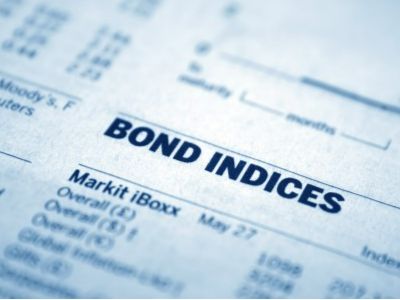Jing Shun Zhao Yaoting: The negative impact of martial law in South Korea is being offset by the government and central bank's proactive policy measures.
2024-12-04 15:21
He believed that the possibility of military action was very low, because the public and even the ruling party where Yin Xiyue is located are against military intervention.
Yang Zhao Ting, Global Market Strategist for Asia Pacific (excluding Japan) at Invesco, said that South Korean President Yoon Suk Yeol announced a state of emergency late on December 3, but it was overturned by the Parliament just a few hours later, making it perhaps the shortest state of emergency in history. The Bank of Korea's Monetary Policy Committee stated that they would help stabilize the market and provide "unlimited liquidity" if necessary. Therefore, the negative impact caused by this was offset by the proactive measures taken by the government and central bank, which would be beneficial for the market, but uncertainties could limit the market's upside potential.
He mentioned that the news caused Korean stocks to fall and the Korean won to drop by 3% against the US dollar. This is the first time South Korea has been in a state of emergency since 1980, so the market was surprised and reacted negatively.
He also noted that there may be a reshuffle of the current cabinet and the possibility of impeachment proceedings being initiated. As the situation is constantly changing, market volatility may continue.
However, he believes that the likelihood of military action is very low, as the public and even Yoon Suk Yeol's ruling party are against military intervention. Invesco believes that this event is just a short-lived incident and is unlikely to have any long-term impact on the economy and financial markets.
Yang Zhao Ting pointed out that South Korean lawmakers have called for the impeachment of President Yoon Suk Yeol. Looking back to 2016, when the previous president, Park Geun-hye, was impeached, the South Korean KOSPI index performed well due to strong global macroeconomic conditions driving semiconductor demand. This may indicate that the South Korean market is more focused on macroeconomics and the semiconductor cycle rather than domestic political turmoil.
RECOMMEND

AMAC: In January, 137 new asset-backed special plans were filed, with a total scale of 1122.64 billion yuan.
26/02/2025

Schroder Investment: Investors should consider allocating funds to securitized credit and insurance-linked securities.
26/02/2025

Reuss County Asset Annual Reflection: Policy Tipping Point is very clear. The semiconductor industry in 2025 is a game for the brave.
26/02/2025


